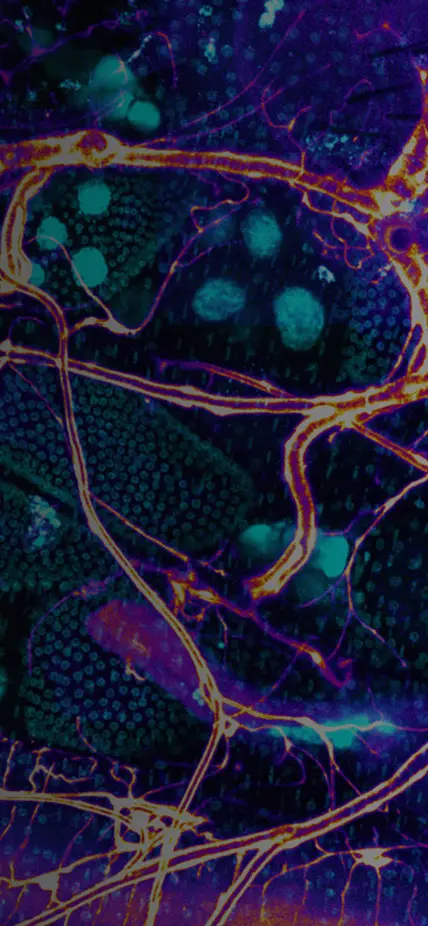Our bodies are host to a diverse array of microbial communities, with each community comprising hundreds to thousands of interacting species. These ecosystems, known as microbiomes, wield considerable influence over our health, fertility, and even our longevity.
Despite the pivotal role it plays, researchers currently lack a detailed understanding of how the gut microbiome functions as a unified entity, surpassing the sum of its individual parts. In other words, we're still exploring the extent to which individual microbes impact us and to what degree these effects are shaped by the intricate, interconnected interactions among distinct species. Investigating the underlying biology governing these relationships is essential for advancing our grasp of human health. However, the sheer diversity of microbes within our gut poses a formidable challenge to cataloging and comprehending the effects of their synergistic interactions.
The Ludington Lab at Carnegie Science is tackling this intricate web of interactions, utilizing the natural simplicity of the fruit fly gut microbiome as a model system.
Will Ludington, who joined Carnegie Science in 2018, employs advanced techniques in bioinformatics, microbiology, state-of-the-art imaging, mathematical modeling, and molecular biology to systematically map the submicroscopic network within the fly gut. His lab is uncovering fundamental biological principles that offer insights into the ecosystems within our own bodies.
In the Ludington Lab, and throughout Carnegie Science, early career researchers play pivotal roles in advancing our knowledge of life across scales. Learn about the work that they are contributing to our understanding of the gut microbiome.
